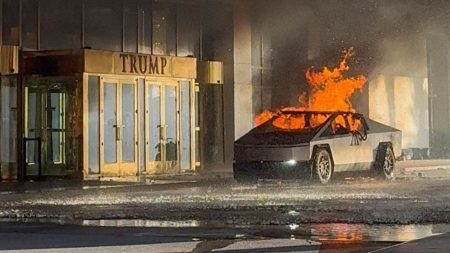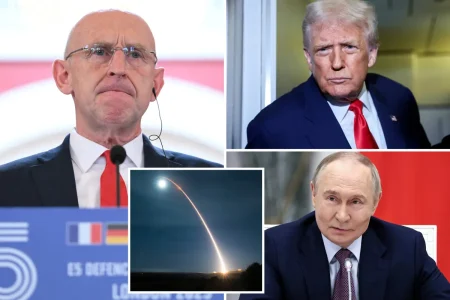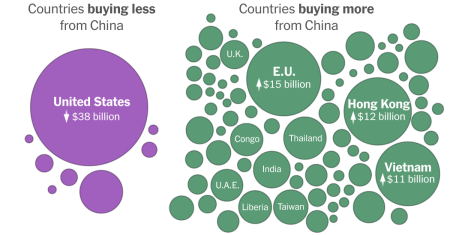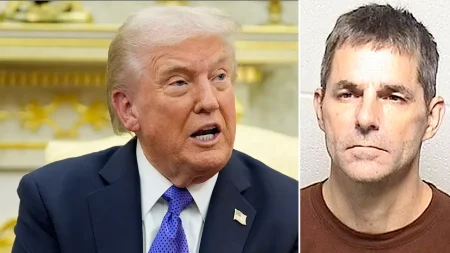Russia’s Cultural Crackdown: St. Petersburg Festival Canceled Over “Satanist” Accusations
In a move that highlights Russia’s increasingly restrictive approach to cultural expression, authorities have shut down a popular festival in St. Petersburg after labeling it “Satanist” in nature. This cancellation represents just one instance in a broader campaign against cultural elements the Kremlin perceives as Western influences infiltrating Russian society. As the country continues its sharp pivot toward traditional values, the space for alternative cultural expression continues to shrink, raising concerns among artists, cultural figures, and human rights observers alike.
The Festival Cancellation: Official Narrative vs. Cultural Reality
The festival, which had been scheduled to take place in one of St. Petersburg’s historic venues, was abruptly canceled following an investigation by local authorities who claimed to have found evidence of “occult symbolism” and “anti-traditional values” in promotional materials and past events. According to a statement released by city officials, “The event contains elements contradicting traditional Russian spiritual and moral values, with imagery and messaging that could negatively impact the psychological well-being of attendees, particularly young people.” Festival organizers, however, paint a dramatically different picture of their event, describing it as a celebration of contemporary art, music, and performance that had successfully run for several previous seasons without incident.
“This is purely about artistic expression, not any religious or political statement,” said Mikhail Voronov, one of the festival’s organizers, speaking via encrypted messaging app from an undisclosed location. “We’ve featured the same artists and similar aesthetics for years. The only thing that’s changed is the political climate.” The festival, which typically attracts thousands of attendees from across Russia and neighboring countries, had become known for showcasing alternative music, experimental art installations, and avant-garde performances. Its cancellation came just three days before it was scheduled to begin, after vendors, performers, and attendees had already made travel arrangements and investments.
The Widening Net of Cultural Censorship
The “Satanist” label has become an increasingly common accusation leveraged against cultural events and figures that fail to align with the government’s narrow definition of acceptable Russian culture. This terminology serves a dual purpose: it triggers genuine concern among Russia’s religious conservatives while simultaneously delegitimizing targeted cultural expressions by associating them with what many Russians consider dangerous foreign influences. The vague and subjective nature of such accusations makes them particularly effective tools for censorship, as almost any non-traditional aesthetic or cultural expression can potentially fall under this umbrella.
Similar cancellations have affected music concerts, art exhibitions, theatrical performances, and literary events across the country in recent months. In Moscow, an electronic music festival was shut down mid-event when authorities claimed its “rhythmic patterns and lighting effects promoted altered states of consciousness contrary to traditional Russian values.” In Yekaterinburg, an exhibition of contemporary photography was removed from a state gallery after conservative activists claimed certain images “mocked Orthodox symbolism.” These incidents form part of a documented pattern in which local authorities, often responding to complaints from conservative or religious groups, use increasingly broad interpretations of laws against “extremism” and “foreign influence” to restrict cultural expression.
Beyond Festivals: Russia’s Broader Assault on Western Cultural Influences
The cancellation of the St. Petersburg festival represents just one front in what appears to be a comprehensive campaign against Western cultural influences in Russia. Since the full-scale invasion of Ukraine in February 2022, Russian authorities have significantly accelerated efforts to purge society of what they characterize as harmful foreign values. This campaign extends well beyond cultural events to encompass education, media, literature, and even fashion. The Russian parliament has passed increasingly restrictive legislation targeting “LGBT propaganda,” “foreign agents,” and “undesirable organizations,” creating a legal framework that can be deployed against almost any form of expression deemed insufficiently patriotic.
Education has become a particular focus, with new mandatory patriotic curriculum elements introduced across all levels of schooling. Universities have been instructed to revise humanities courses to eliminate “excessive Western influence,” and several international educational programs have been terminated. Even consumer culture has not escaped scrutiny, with certain clothing styles, music genres, and social media aesthetics increasingly portrayed in state media as manifestations of “spiritual corruption” originating from the West. “What we’re witnessing is the most comprehensive attempt to reshape Russia’s cultural landscape since the Soviet era,” explains Dr. Elena Volkova, a cultural historian formerly associated with Moscow State University who now resides in Berlin. “The difference is that rather than promoting a specific ideological alternative, today’s campaign is primarily defined by what it opposes – anything perceived as Western, liberal, or non-traditional.”
The Human Cost: Artists and Cultural Figures in the Crosshairs
Behind the statistics and policy discussions lie profound human consequences for Russia’s cultural community. The festival cancellation in St. Petersburg left dozens of artists without expected income and facing potential blacklisting from future state-sanctioned events. “It’s not just about losing one opportunity – once you’re labeled as associated with something ‘anti-Russian,’ finding work becomes nearly impossible,” explained a musician who was scheduled to perform at the festival and requested anonymity for safety reasons. “Many venues won’t risk booking you, and even private events become hesitant because of potential consequences.”
The environment has prompted an exodus of cultural talent from Russia, with thousands of artists, musicians, writers, directors, and other creative professionals relocating to countries like Georgia, Armenia, Kazakhstan, and various European nations. Those who remain must navigate increasingly complex self-censorship calculations or risk prosecution. Some have attempted to continue their work underground, organizing small, private events in changing locations announced only to trusted circles. Others have dramatically altered their artistic output to align with new expectations, though many report struggling with the creative limitations this imposes. “The most painful part is watching talented people either leave or compromise their authentic voice,” said Irina Sokolova, a cultural journalist now based in Riga, Latvia. “Russia has always drawn tremendous strength from its vibrant cultural scene. The current repression represents not just a human tragedy but a national self-inflicted wound with consequences we’ll be measuring for decades.”
Analysis: The Strategic Purpose Behind Cultural Repression
Russia’s intensifying campaign against “Western influences” serves multiple strategic objectives for the current political establishment. At its most fundamental level, the crackdown creates clear divisions between a conceptualized “authentic Russia” and a supposedly degenerate West, reinforcing the narrative of civilizational conflict that has become central to state propaganda. By portraying alternative cultural expressions as not merely different but actively dangerous and subversive, authorities create justification for broader social controls and surveillance. The ambiguity of terms like “Satanist,” “extremist,” or “anti-traditional” provides flexible tools that can be deployed against virtually any opposition or independent voice.
The timing of this cultural tightening correlates directly with Russia’s geopolitical isolation following its actions in Ukraine. As economic sanctions and diplomatic ruptures have severed many of Russia’s international connections, the government has increasingly embraced a narrative of national self-sufficiency and cultural exceptionalism. By reframing isolation as a positive choice to preserve cultural purity rather than an imposed consequence, authorities attempt to transform international censure into a source of national pride. Meanwhile, the practical effects of these policies ensure that Russians are increasingly exposed only to state-approved cultural content, creating an information environment where alternative perspectives become progressively harder to access. As one former culture ministry official who left Russia in 2023 observed, “What we’re witnessing isn’t simply cultural conservatism but a deliberate strategy to reshape Russia’s relationship with the outside world for generations to come. By controlling cultural expression, you control how people understand their place in the world and what futures they can imagine.”











